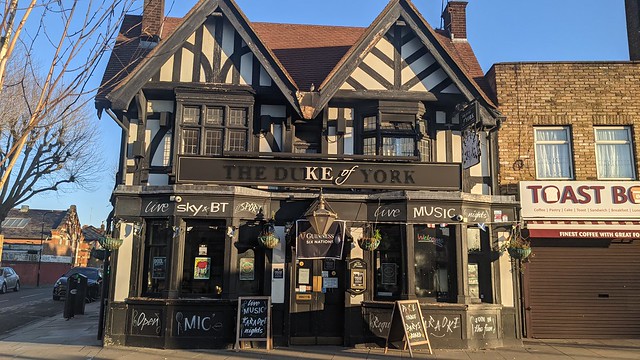skip to main |
skip to sidebar
Purely by chance - is there another way? - I find myself thinking about the implications of another piece of new technology that's caught my attention.
Life logging has had a couple of recent shots in the arm with news of upcoming launches of Autographer, "the world's first intelligent wearable camera" and Memoto "the world's smallest wearable camera". The notion of recording my daily life in pictures in an arbitrary way i.e. with no choice in especially what I'm taking has a certain attraction to my wayward sense of purpose.
What would a journey down Oxford Street look like, a image every 30 seconds or whenever the camera fancies? How do we value an automatic street photograph, created with no conscious decision by the autog-rapher/me-moton to take it? For that matter can we even begin to absorb such an individual's output of up to 2,000 images a day? Will we see, like kinetic photography, a community of practitioners dedicated to developing techniques to literally put their own spin on the images? Could we see synchronised flash mobs, creating tapestries of stop motion style images? Jousts between rival crews on bikes careering towards each other? Citizens acting as mobile cctv vigilantes?
Or, more likely than my dystopian fantasies, are we entering an age where simple images of common humanity are as distant as daguerreotypes and need to be produced through a Hipstamatic filter to satisfy our richer appetites?
Here's the interesting consequence of this latest wave of innovation for me. The removal of any authorship of imagery, only ownership by virtue of simply being, quite literally, in the right place at the right time, is ironic. The resulting images are certainly unique but I wonder if our criteria for selection will become less about the content, more about both the metadata - the objective information about when and where the picture was made - and the tag, the subjective way we choose to describe and categorise that image at the time it was made. They become pure records of fact, in our ever expanding digitally documented lives. The Descriptive Camera follows the former its logical conclusion. The latter ambiguity plays to a favourite theme of mine.
Will that age of analogue photography, with its associated canon of great photographers, come to be regarded as we do now the Dutch masters? A darkened room in a dusty museum. Perhaps it's already happening.
Photography has by its nature been defined by technology. However this is an age where image making and distribution is in the hands of effectively everyone. That's powerful stuff as we've all witnessed in different places around the world. Consequently the impact of any new camera, mobile app, photo-sharing service is far greater than before. Understanding who's calling the shots is going to be interesting.







